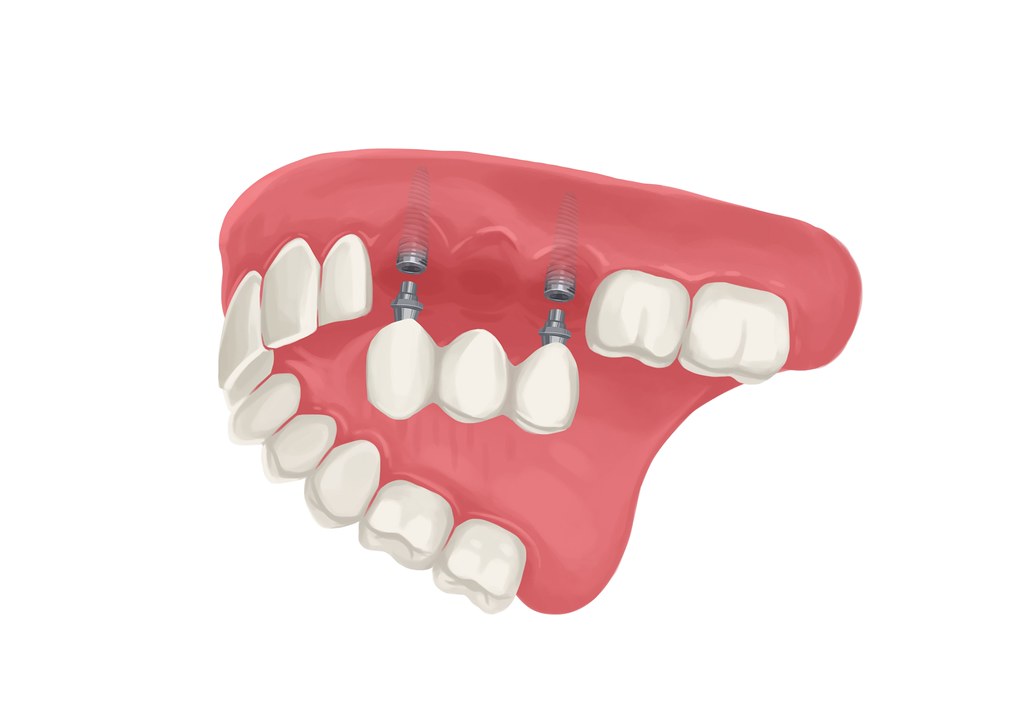Embarking on the journey to find an LGBT therapist is a significant step towards prioritizing your mental health and well-being. The process of selecting the right therapist can be transformative, providing a safe and affirming space for individuals who identify as part of the LGBTQ+ community. In this comprehensive guide, we present a checklist to assist you in navigating this important decision and finding an LGBT therapist who resonates with your unique needs and experiences.
Understanding the Importance of an LGBT-Affirmative Therapist
Creating a Safe Space:
- An LGBT therapist is trained to understand the specific challenges faced by individuals within the LGBTQ+ community, fostering an environment free from judgment.
Cultural Competence:
- LGBT therapists possess cultural competence, recognizing the nuances of diverse identities and experiences within the community.
Affirming Identities:
- Affirmative therapists validate and affirm diverse sexual orientations, gender identities, and expressions, creating a foundation for effective therapeutic work.
The Checklist: Navigating the Search
1. Credentials and Specialization:
- Look for therapists with relevant credentials and a specialization in LGBTQ+ affirmative therapy. Consider therapists who are members of organizations supporting LGBT mental health.
2. Positive Referrals:
- Seek recommendations from friends, community organizations, or online platforms dedicated to mental health. Positive referrals often indicate a therapist’s effectiveness.
3. Inclusive Practices:
- Ensure the therapist adopts inclusive language and practices in their communications and approach to therapy.
4. Experience with LGBT Issues:
- Choose a therapist with experience in addressing the unique challenges faced by the LGBTQ+ community, such as coming out, navigating relationships, and dealing with societal stigma.
5. Cultural Sensitivity:
- Assess the therapist’s cultural sensitivity by exploring their understanding of intersectionality and how it influences mental health.
6. Therapeutic Approach:
- Understand the therapist’s therapeutic approach and ensure it aligns with your preferences. Popular modalities include cognitive-behavioral therapy (CBT), psychodynamic therapy, and acceptance and commitment therapy (ACT).
7. Open Communication:
- Prioritize therapists who encourage open communication, actively listen, and collaborate with you to set therapeutic goals.
8. Online Presence:
- Review the therapist’s online presence, including their website and social media, to gain insights into their values, approach, and commitment to LGBT-affirmative therapy.
Initiating Contact and the Initial Consultation
1. Initial Phone Call:
- Arrange an initial phone call to discuss your needs, ask questions, and assess the therapist’s responsiveness.
2. Transparent Policies:
- Ensure transparency regarding fees, session duration, and cancellation policies.
3. Comfort Level:
- Assess your comfort level during the initial consultation. A good therapist-client fit is crucial for effective therapy.
Red Flags to Watch Out For
1. Lack of Cultural Competence:
- Beware of therapists who lack cultural competence or fail to create an inclusive and affirming environment.
2. Non-Affirmative Language:
- Be cautious if a therapist uses non-affirmative language, makes assumptions, or expresses biases regarding LGBTQ+ identities.
3. Disregard for Privacy:
- Ensure the therapist prioritizes client confidentiality and privacy, adhering to ethical standards.
Taking the Next Steps
1. Feedback and Adjustments:
- Provide feedback after a few sessions and collaboratively make adjustments if needed to enhance the therapeutic process.
2. Self-Advocacy:
- Advocate for your needs in therapy, expressing your preferences, goals, and any concerns that may arise.
3. Ongoing Learning:
- Embrace therapy as a continuous learning process, allowing yourself the space to grow and evolve with the support of your LGBT therapist.
Conclusion
Finding an LGBT therapist is a powerful step towards nurturing your mental health within a supportive and understanding space. Following this checklist empowers you to make informed decisions, ensuring that your therapist aligns with your values, needs, and identity. Remember that the journey to mental wellness is unique for each individual. With the right therapist, you can embark on a transformative path toward self-discovery, resilience, and authentic living within the LGBT community.





